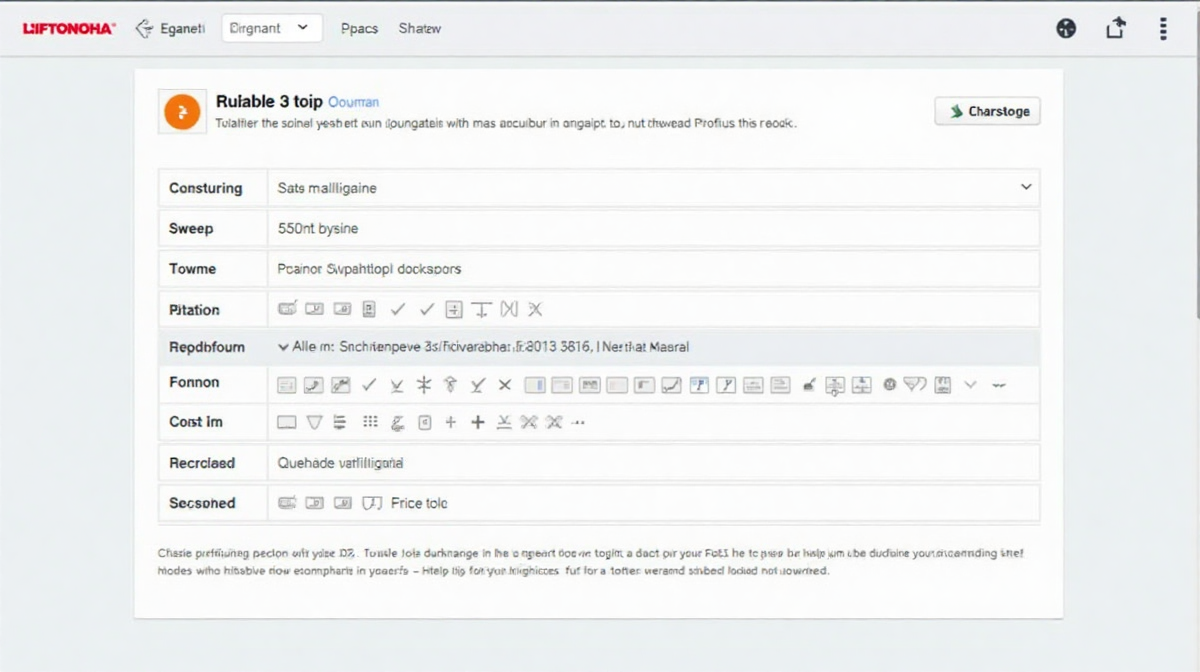Chess Game: Is It Good For Your Brain?
The Enduring Appeal of Chess
For centuries, chess has captivated minds across the globe. More than just a game, it’s a battle of wits, a test of strategy, and a beautiful art form. From ancient kingdoms to modern tournaments, the allure of chess remains remarkably strong. Even in the digital age, the game thrives, offering a compelling challenge to players of all levels. Interestingly, platforms offering alternative forms of entertainment, such as пин ап are gaining traction, but chess retains its unique position as a purely skill-based pursuit.
Growing Interest & Modern Relevance
The 21st century has witnessed a resurgence in chess’s popularity, fueled by online platforms and streaming. Sites like Chess.com and Lichess.org have made it easier than ever to learn, play, and connect with fellow enthusiasts. Grandmasters now stream their games on platforms like Twitch, attracting massive audiences and offering insightful commentary. This modern accessibility has broadened the game’s reach, introducing it to a new generation of players. Alongside this, the rise of online betting platforms like those offering пин ап ставки highlights a growing interest in competitive gaming, indirectly boosting chess’s visibility.
Thesis Statement: Chess demonstrably offers significant cognitive benefits, impacting various brain functions.
This article will explore the compelling evidence demonstrating that chess is far more than a pastime; it's a potent mental exercise with demonstrable cognitive benefits, positively influencing memory, problem-solving skills, concentration, logical reasoning, and even creativity.
Memory & Recall
Working Memory & Short-Term Memory Improvement
Chess demands players hold a significant amount of information in their working memory—piece positions, potential moves, opponent tendencies, and long-term strategic goals. Regular play strengthens this ability, improving overall cognitive function. The complex interplay of pieces necessitates constant recall and reassessment, bolstering short-term memory capacity.
Pattern Recognition & Memorization of Openings/Endgames
A key component of chess mastery is recognizing patterns. Players learn to identify common tactical motifs and memorize opening sequences and endgame strategies. This isn’t rote memorization; it's developing the ability to quickly process visual information and apply learned knowledge. The ability to recall these patterns quickly is crucial for success, and even for navigating the пин ап казино вход в личный кабинет platform, where recognizing patterns can be beneficial.
Research Supporting Memory Gains in Chess Players
Numerous studies have shown that chess players, especially those with high chess ratings, exhibit superior memory performance compared to non-players. These studies demonstrate enhanced verbal memory, visual memory, and the ability to remember sequences.
Problem-Solving & Critical Thinking
Strategic Planning & Long-Term Thinking
Chess isn't about immediate gratification; it's about developing a long-term plan and executing it effectively. Players must anticipate their opponent's moves, consider multiple possibilities, and adapt their strategy accordingly. This cultivates a forward-thinking mindset applicable to real-life challenges.
Tactical Analysis & Immediate Response to Changing Situations
While strategic planning is crucial, chess also demands tactical awareness—the ability to identify and exploit immediate opportunities. Players must quickly analyze the board, calculate variations, and react to unexpected threats. This sharpens critical thinking and decision-making skills.
Evaluation of Risk & Reward
Every move in chess involves an assessment of risk and reward. Players must weigh the potential benefits of a particular action against the potential consequences. This skill translates directly to real-world scenarios, from financial investments to personal relationships.
Concentration & Focus
Maintaining Attention During Complex Games
A chess game can last for hours, requiring sustained concentration and focus. This constant mental engagement strengthens the ability to block out distractions and maintain attention on a complex task.
Blocking Out Distractions & Deep Work States
Chess players learn to enter a state of flow, where they are completely immersed in the game, oblivious to external stimuli. This ability to achieve deep focus is highly valuable in any field requiring intense concentration.
Chess as a Mental Discipline
Chess is a mental discipline that requires patience, perseverance, and self-control. Regular practice cultivates these qualities, enhancing overall mental fortitude.
Logical Reasoning & Analytical Skills
Deductive & Inductive Reasoning in Chess
Chess relies heavily on logical reasoning. Players use deductive reasoning to determine the consequences of their moves and inductive reasoning to identify patterns and formulate strategies.
Calculating Variations & Predicting Opponent’s Moves
A core skill in chess is the ability to calculate variations—to mentally simulate possible sequences of moves and predict the opponent's response. This process sharpens analytical skills and improves the ability to anticipate future outcomes.
Developing Abstract Thought
Chess is an abstract game that requires players to think in terms of concepts, relationships, and possibilities. This fosters the development of abstract thought, a crucial skill for problem-solving and innovation.
Creativity & Imagination
Finding Novel Solutions & Unconventional Strategies
While chess has established principles, it also rewards creativity and unconventional thinking. Players who can find novel solutions and devise unexpected strategies often gain a competitive advantage.
Visualizing Potential Game Scenarios
Chess requires players to visualize potential game scenarios—to mentally picture the board in different states and anticipate the consequences of their actions. This strengthens spatial reasoning and imagination.
Adapting to Unexpected Developments
No chess game unfolds exactly as planned. Players must be able to adapt to unexpected developments, improvise, and find new solutions on the fly. This fosters resilience and adaptability.
Brain Regions Activated by Chess Play
Prefrontal Cortex & Executive Functions
Studies using fMRI technology have shown that chess play activates the prefrontal cortex, the brain region responsible for executive functions such as planning, decision-making, and working memory. The complexity of a chess game demands significant prefrontal cortex activity.
Parietal Lobe & Spatial Reasoning
The parietal lobe, involved in spatial reasoning and visual-motor coordination, is also highly active during chess play. This is due to the need to visualize piece movements and assess the board's geometry.
Temporal Lobe & Memory Formation
The temporal lobe, critical for memory formation and retrieval, is engaged when players recall patterns, openings, and endgame strategies.
Neuroplasticity & Brain Growth
Strengthening Neural Connections
Chess play strengthens neural connections in the brain, enhancing cognitive function and efficiency. The more you play, the stronger these connections become.
Potential for Increasing Brain Volume
Some studies suggest that regular chess play may even lead to an increase in brain volume, particularly in areas associated with memory and learning.
Neuroprotective Effects – Delaying Cognitive Decline?
There is growing evidence that engaging in mentally stimulating activities like chess may help delay cognitive decline and protect against age-related neurodegenerative diseases.
Differences in Brain Activity Between Chess Players & Non-Players
Brain scans reveal distinct differences in brain activity between experienced chess players and non-players. Chess players typically exhibit greater activation in areas associated with strategic thinking, memory, and visual-spatial processing.
Chess for Children & Education
Impacts on Academic Performance
Research suggests that chess can positively impact academic performance, particularly in math and reading. The logical reasoning and problem-solving skills developed through chess can transfer to other academic subjects.
Developing Social Skills & Sportsmanship
Chess teaches valuable social skills such as patience, respect, and sportsmanship. Players learn to win gracefully and lose with dignity.
Chess in Schools – Programs & Effectiveness
Chess programs are increasingly being implemented in schools to enhance cognitive development and academic achievement. Studies have shown promising results, demonstrating improved test scores and increased student engagement.
Chess & Older Adults
Combating Cognitive Decline
Chess can be a valuable tool for combating cognitive decline in older adults. The mental stimulation provided by the game helps keep the brain active and engaged. The mental exercise is a positive contrast to passively enjoying entertainment like пин ап.
Maintaining Mental Agility and Independence
Regular chess play can help older adults maintain mental agility, independence, and quality of life.
Chess as a Social Activity for Seniors
Chess provides a social outlet for seniors, fostering camaraderie and reducing isolation.
Chess for Individuals with Neurological Conditions
Potential Benefits for ADHD & Autism Spectrum Disorder
Some evidence suggests that chess may be beneficial for individuals with ADHD and Autism Spectrum Disorder, helping to improve focus, concentration, and social skills.
Chess as a Rehabilitative Tool - Requires cautious phrasing/disclaimers
Chess can be used as a rehabilitative tool for stroke recovery, helping to restore cognitive function and motor skills. However, it’s crucial to consult with a healthcare professional before using chess as a therapeutic intervention.

Chess vs. Other Brain Games
Complexity & Cognitive Demand
Chess is arguably more cognitively demanding than many other brain games. It requires a wider range of skills and a higher level of strategic thinking.
Transferability of Skills to Real-Life Situations
The skills developed through chess—problem-solving, critical thinking, strategic planning—are highly transferable to real-life situations.
Long-Term Engagement & Motivation
Chess offers a depth and complexity that can sustain long-term engagement and motivation.
The Importance of Practice & Continued Learning
Benefits Diminish Without Regular Play
The cognitive benefits of chess are contingent upon regular practice. If you stop playing, the benefits will gradually diminish.
Setting Realistic Goals & Tracking Progress
Setting realistic goals and tracking progress can help maintain motivation and maximize learning.
Potential Drawbacks
While chess offers numerous benefits, it can also be stressful and frustrating, especially for beginners. It’s important to approach the game with a positive attitude and a willingness to learn.
Recap of the Key Cognitive Benefits
Chess demonstrably enhances memory, problem-solving skills, concentration, logical reasoning, and creativity. It’s a powerful mental exercise with a wide range of cognitive benefits.
Chess as a Valuable Mental Exercise
Chess is more than just a game; it’s a valuable mental exercise that can improve cognitive function and enhance quality of life.

Encouragement to Learn and Play Chess – Resources and Next Steps.
Whether you're a beginner or an experienced player, there's always something new to learn in chess. Embrace the challenge, enjoy the intellectual stimulation, and reap the cognitive rewards.

